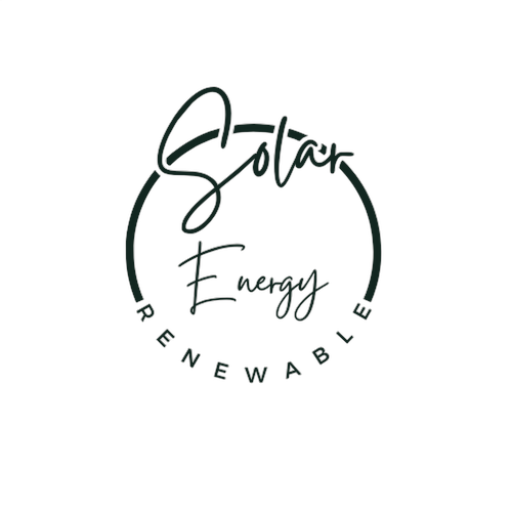Don't miss out Special Offer- up to 40% OFF!
FAQ'S
Solar energy is a renewable, sustainable, and eco-friendly source of power. It reduces electricity bills, lowers your carbon footprint, and can increase your property value. Additionally, many regions offer tax incentives and rebates for solar installations.
Solar panels convert sunlight into electricity using photovoltaic (PV) cells. These cells absorb sunlight and generate direct current (DC) electricity, which is then converted into alternating current (AC) by an inverter for use in your home or business.
A well-maintained solar system can last between 25 to 30 years. Most solar panels come with a warranty of 20 to 25 years, ensuring long-term reliability and performance.
The cost of a solar system varies based on the size of the installation, your energy needs, and location. We offer customized quotes based on an assessment of your property. Financing options are also available to make solar more affordable.
Solar panels require minimal maintenance. It’s recommended to clean them a few times a year to remove dirt, dust, and debris. Regular inspections can ensure they are functioning optimally.
Standard grid-tied solar systems will shut down during a power outage for safety reasons. However, with a solar battery storage system, you can store excess energy generated during the day to use during an outage.
Almost any appliance can be powered by solar energy, from refrigerators and air conditioners to smaller devices like fans, lights, and chargers. We offer a range of solar-powered appliances to suit your needs.
The installation process typically takes 1 to 3 days, depending on the size of the system. However, the entire process, including permitting and approvals, can take several weeks.
Yes, solar systems are scalable. If your energy needs increase, you can add more panels or upgrade your inverter to accommodate the additional power generation.
The suitability of your roof depends on factors like orientation, pitch, and shading. We offer a free site assessment to determine if your roof is ideal for solar installation.
We offer various financing options, including solar loans, leases, and Power Purchase Agreements (PPAs). Our team can help you find the best option based on your financial situation and goals.
Solar batteries store excess energy generated by your solar panels during the day. This stored energy can be used at night or during power outages, providing greater energy independence and reliability.
Yes, many governments offer tax credits, rebates, and other incentives to encourage solar adoption. These incentives can significantly reduce the upfront cost of your solar system. Our team can help you navigate these options.
Yes, it’s possible to go off-grid with a solar system combined with battery storage. However, this requires careful planning to ensure you have enough capacity to meet your energy needs year-round
The size of the solar system you need depends on your energy consumption, roof space, and budget. We offer a personalized consultation to determine the best system size for your needs.
In the rare event that your solar panels are damaged, most manufacturers offer warranties that cover repairs or replacements. Additionally, your homeowner’s insurance may cover certain types of damage. It’s important to inspect your panels regularly and report any issues.
Solar panels can be installed on most roof types, including asphalt shingles, metal, tile, and flat roofs. Our installation team is experienced in handling various roof structures and will ensure a secure and efficient installation.
Net metering is a billing arrangement where you receive credit for the excess electricity your solar panels produce and send back to the grid. This credit can be used to offset your energy consumption during periods when your solar system isn’t generating enough power.
Solar panels work efficiently in various weather conditions. They perform best in direct sunlight but still generate electricity on cloudy days, albeit at a reduced output. Snow and rain can also help keep panels clean.
Yes, solar panels are recyclable. Most components, including glass, metal, and silicon, can be recycled. Our company is committed to sustainability, and we work with partners to ensure that old or damaged panels are recycled responsibly.
While producing solar panels involves some environmental impact, such as energy use in manufacturing, the overall benefits far outweigh the initial footprint. Solar panels generate clean, renewable energy for decades, significantly reducing carbon emissions compared to fossil fuels.
Yes, we provide monitoring systems that allow you to track your solar system’s performance in real-time. You can access data on energy production, consumption, and savings through a mobile app or online portal.
Solar panels work efficiently in cold climates and can even perform better in cooler temperatures because excessive heat can reduce their efficiency. Snow is usually not an issue as it slides off or melts quickly, and panels continue to produce energy in winter.
Solar panels can increase your home’s value, making it more attractive to buyers. If you have a solar loan or lease, you’ll need to transfer the agreement to the new homeowner or pay it off before the sale.
Newsletter Updates
Subscribe to receive emails on new product arrivals & special offers
